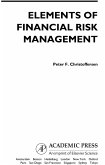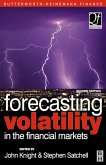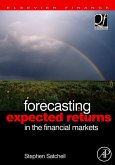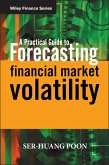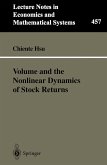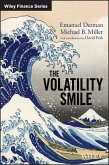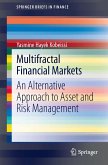Calvet and Fisher present a powerful, new technique for volatility forecasting that draws on insights from the use of multifractals in the natural sciences and mathematics and provides a unified treatment of the use of multifractal techniques in finance. A large existing literature (e.g., Engle, 1982; Rossi, 1995) models volatility as an average of past shocks, possibly with a noise component. This approach often has difficulty capturing sharp discontinuities and large changes in financial volatility. Their research has shown the advantages of modelling volatility as subject to abrupt regime changes of heterogeneous durations. Using the intuition that some economic phenomena are long-lasting while others are more transient, they permit regimes to have varying degrees of persistence. By drawing on insights from the use of multifractals in the natural sciences and mathematics, they show how to construct high-dimensional regime-switching models that are easy to estimate, and substantially outperform some of the best traditional forecasting models such as GARCH. The goal of
Multifractal Volatility is to popularize the approach by presenting these exciting new developments to a wider audience. They emphasize both theoretical and empirical applications, beginning with a style that is easily accessible and intuitive in early chapters, and extending to the most rigorous continuous-time and equilibrium pricing formulations in final chapters.
- Presents a powerful new technique for forecasting volatility
- Leads the reader intuitively from existing volatility techniques to the frontier of research in this field by top scholars at major universities
- The first comprehensive book on multifractal techniques in finance, a cutting-edge field of research
Dieser Download kann aus rechtlichen Gründen nur mit Rechnungsadresse in A, B, BG, CY, CZ, D, DK, EW, E, FIN, F, GR, HR, H, IRL, I, LT, L, LR, M, NL, PL, P, R, S, SLO, SK ausgeliefert werden.



